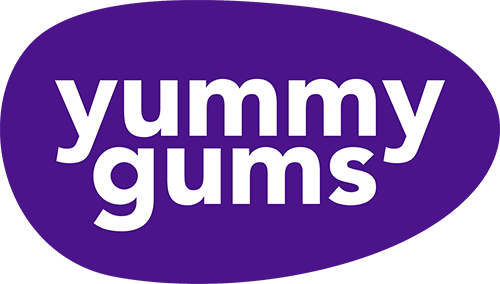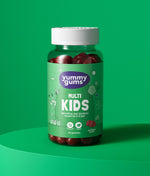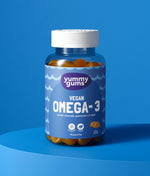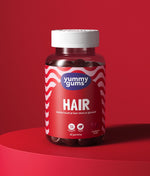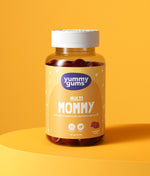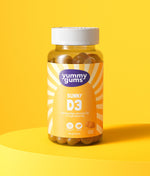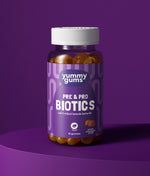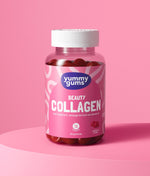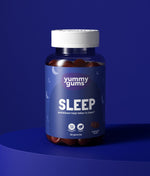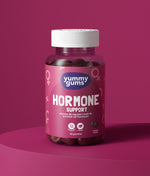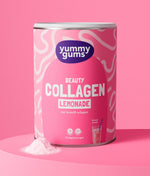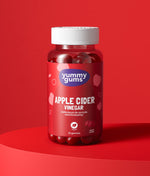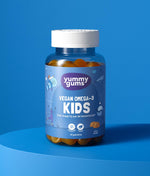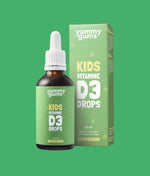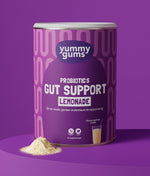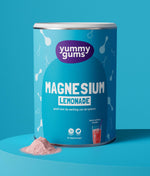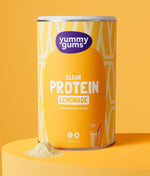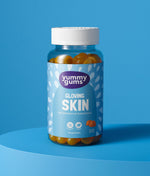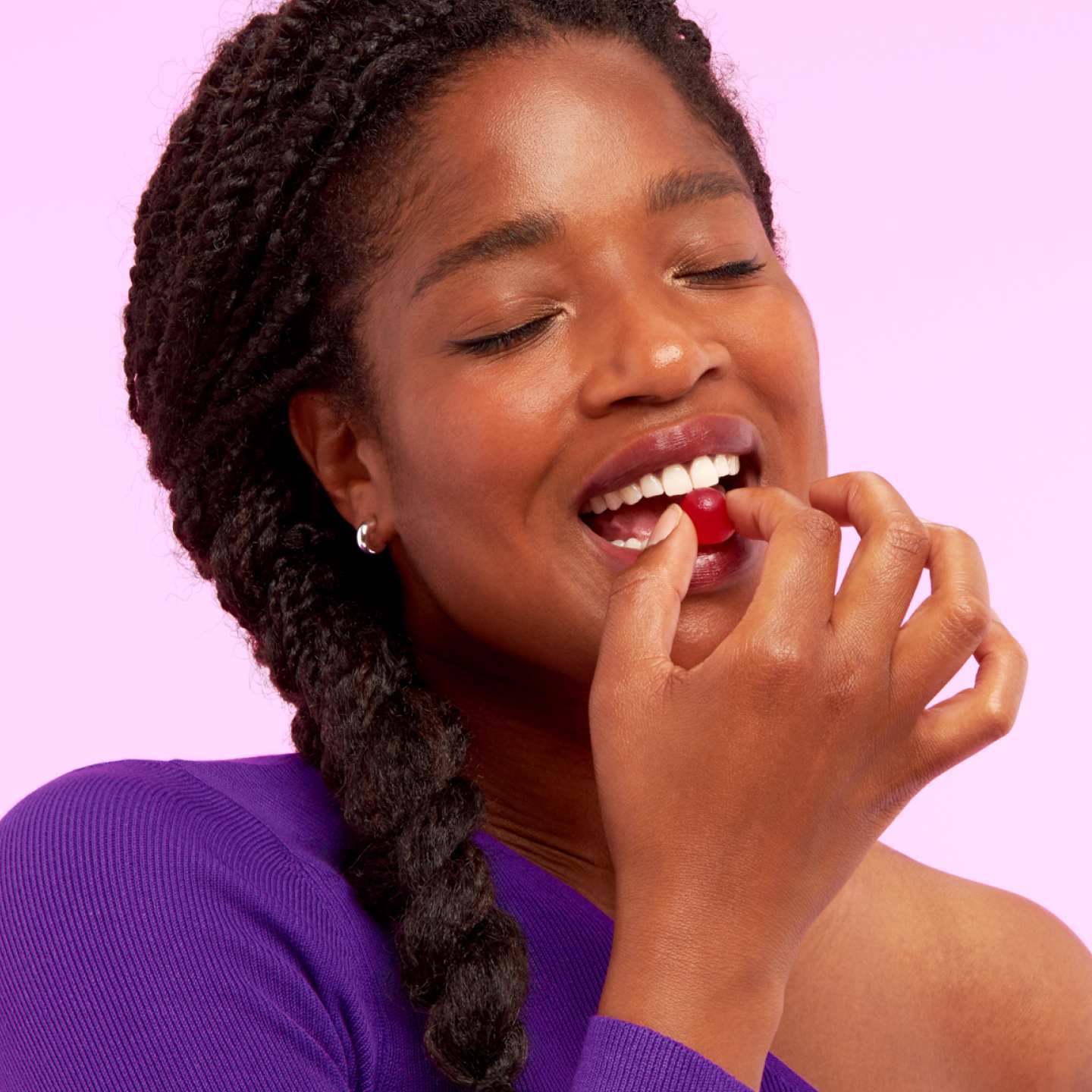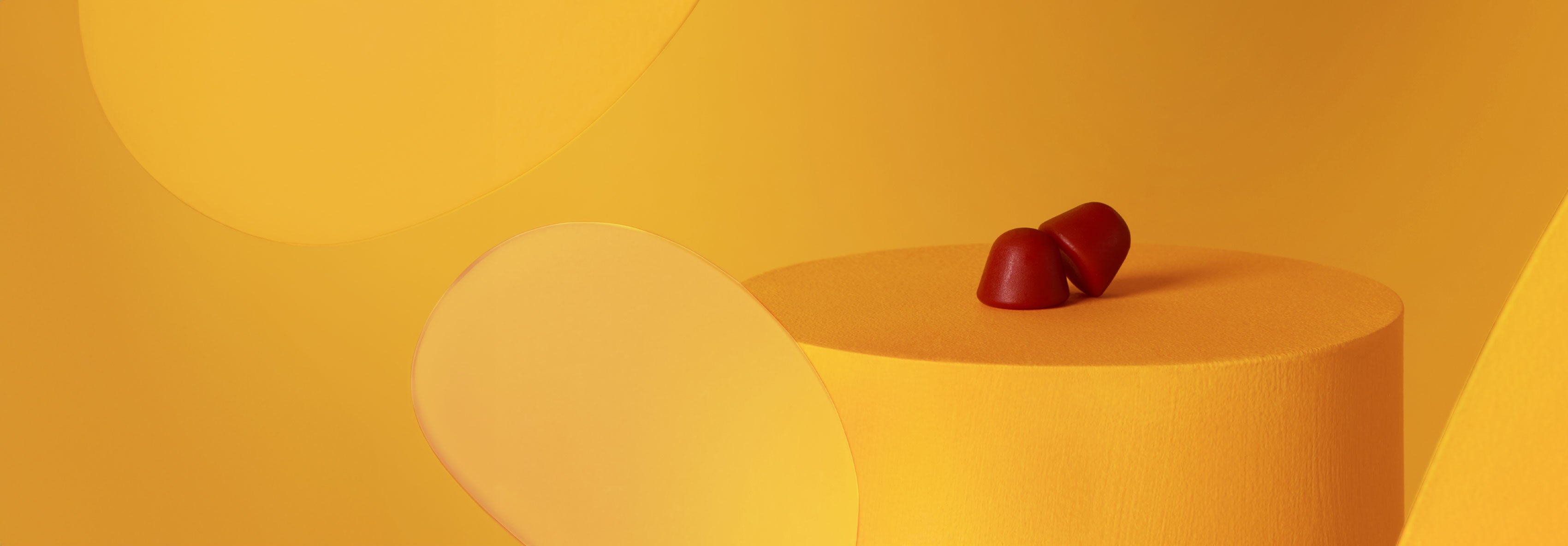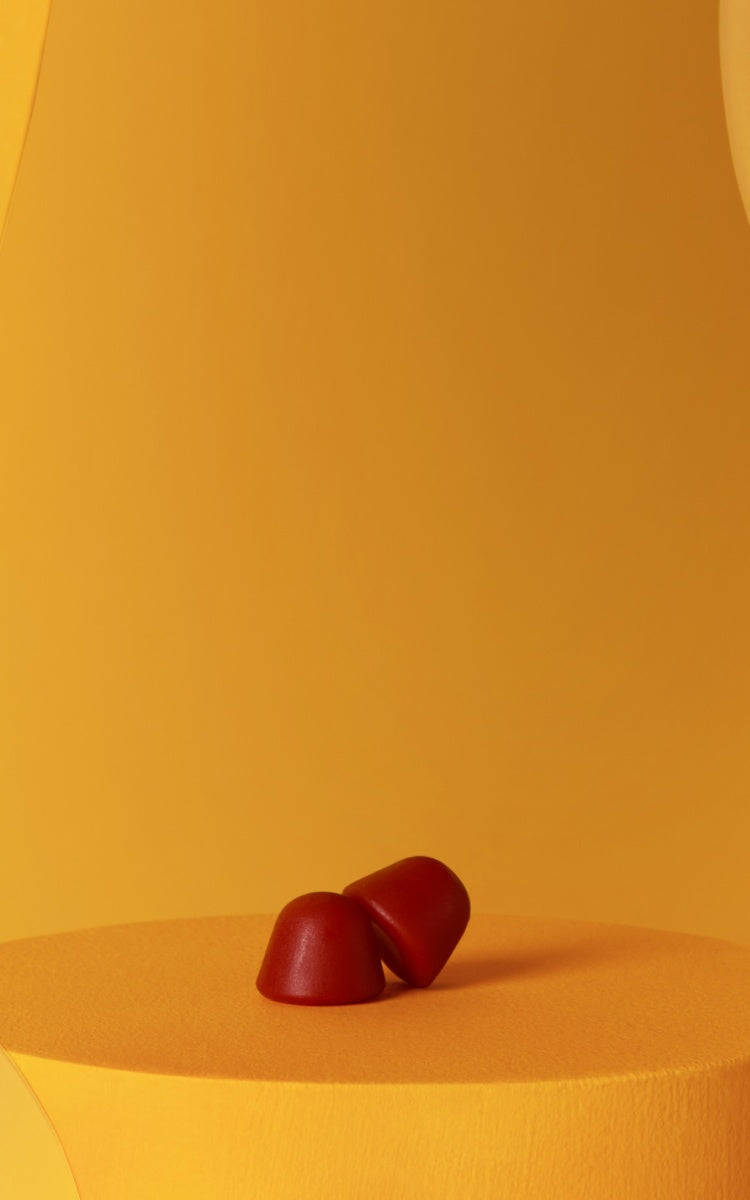MUMMY GUMMIES
Couldn't load pickup availability
- In stock: ordered before 22:00, delivered tomorrow
- Free delivery for orders over €30 in NL and BE
- Not satisfied? Money back!
Details
Vitamins for mums and mums-to-be, with folic acid and vitamin D3. The tastiest sugarfree prenatal gummy there is. This dose of vitamin D3 and folic acid is officially recommended by the National Health Service (source: nhs.uk).• Supplement the necessary folic acid and vitamin D3
• Supports your baby's growth and development
• Supports the development of the placenta
• Supports your immunity
• Keeps your energy levels up
Raspberry flavour
Usage instructions
Main benefits
Award-winning 🏆
ZO LEUK KAN GEZONDHEID ZIJN
ZO LEUK KAN GEZONDHEID ZIJN
ZO LEUK KAN GEZONDHEID ZIJN
ZO LEUK KAN GEZONDHEID ZIJN
ZO LEUK KAN GEZONDHEID ZIJN
ZO LEUK KAN GEZONDHEID ZIJN
ONZE HELDEN
DE INGREDIËNTEN
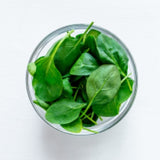 i
i
Folic acid (B11)
Folic acid (B11)
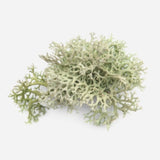 i
i
Vitamin D3
Vitamin D3
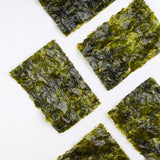 i
i
Iodine
Iodine
 i
i
Beta-carotene
Beta-carotene
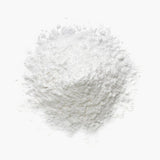 i
i
Niacin (B3)
Niacin (B3)
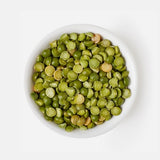 i
i
Pantothenic acid (B5)
Pantothenic acid (B5)
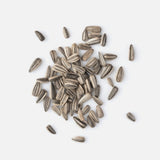 i
i
Vitamin B6
Vitamin B6
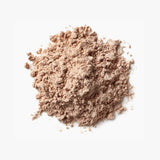 i
i
Biotin (B8)
Biotin (B8)
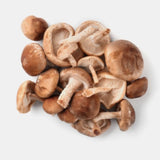 i
i
Vitamin B12
Vitamin B12
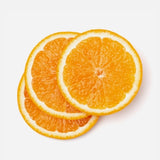 i
i
Vitamin C
Vitamin C
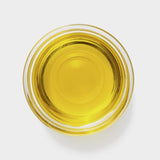 i
i
Vitamin E (TE)
Vitamin E (TE)
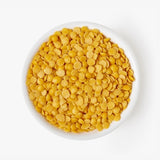 i
i
Zinc
Zinc
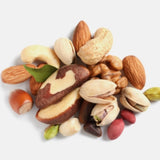
Selenium
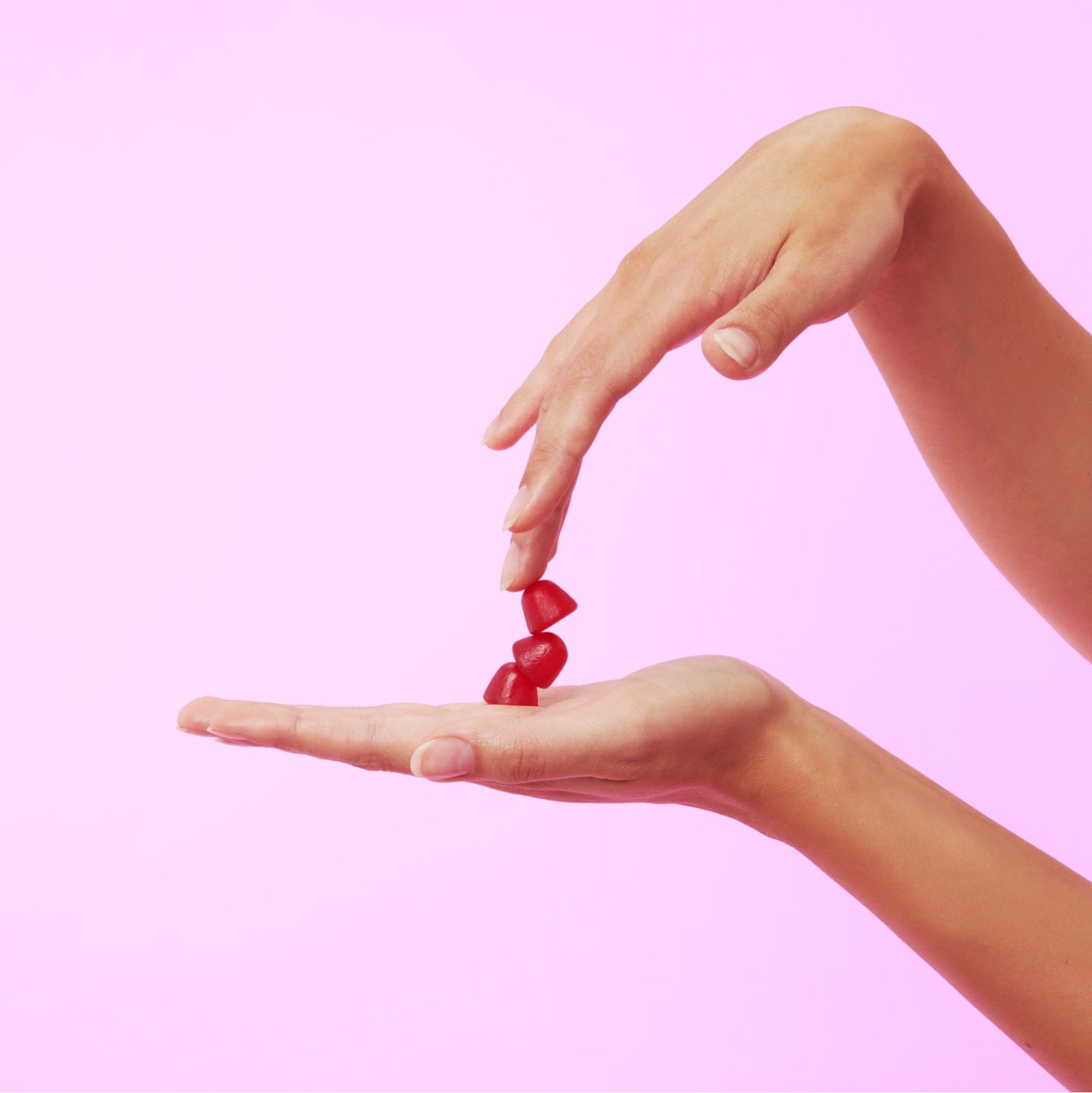
Hoogwaardige gummies
KIES VOOR BEWUST, LEKKER & MAKKELIJK
Flavourful supplements
Premium quality
Backed by science
Safety first
Kind to the planet










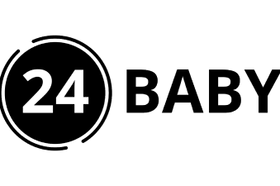





















Meer weten?
LEES HIER DE MEEST GESTELDE VRAGEN
Kan ik deze Yummygums combineren?
Bekijk hier de tabel met de mogelijke productcombinaties.
Why and when should I start taking Yummygums Mummy?
Which sweeteners do you use?
Can I recycle the Yummygums jars?
Where is folic acid found?
What is folic acid?
What is folic acid good for?
How much folic acid during pregnancy?
When to start taking folic acid?
Which vitamin during pregnancy?
Ik heb een andere vraag
Bekijk ons helpcentrum voor Veelgestelde Vragen. Wil je liever direct contact? Spreek ons dan aan op de chat of stuur een e-mail naar service@yummygums.com, of stuur een bericht rechtstreeks via Instagram of Facebook. We staan paraat om je te helpen!
RETHINK YOUR SUPPLEMENT ROUTINE
RETHINK YOUR SUPPLEMENT ROUTINE
RETHINK YOUR SUPPLEMENT ROUTINE
RETHINK YOUR SUPPLEMENT ROUTINE
RETHINK YOUR SUPPLEMENT ROUTINE
RETHINK YOUR SUPPLEMENT ROUTINE
RETHINK YOUR SUPPLEMENT ROUTINE
RETHINK YOUR SUPPLEMENT ROUTINE
RETHINK YOUR SUPPLEMENT ROUTINE
RETHINK YOUR SUPPLEMENT ROUTINE
RETHINK YOUR SUPPLEMENT ROUTINE
